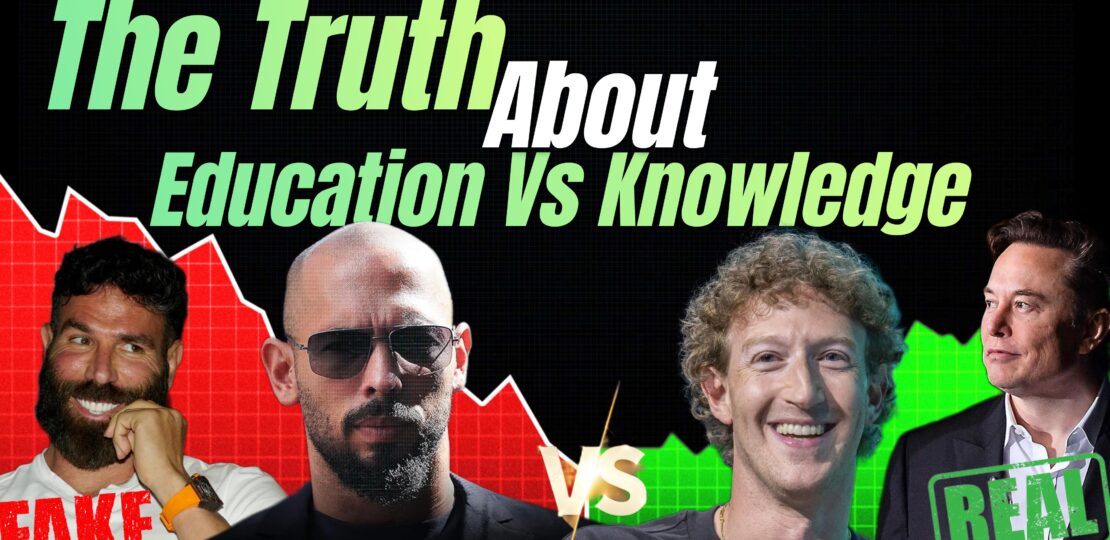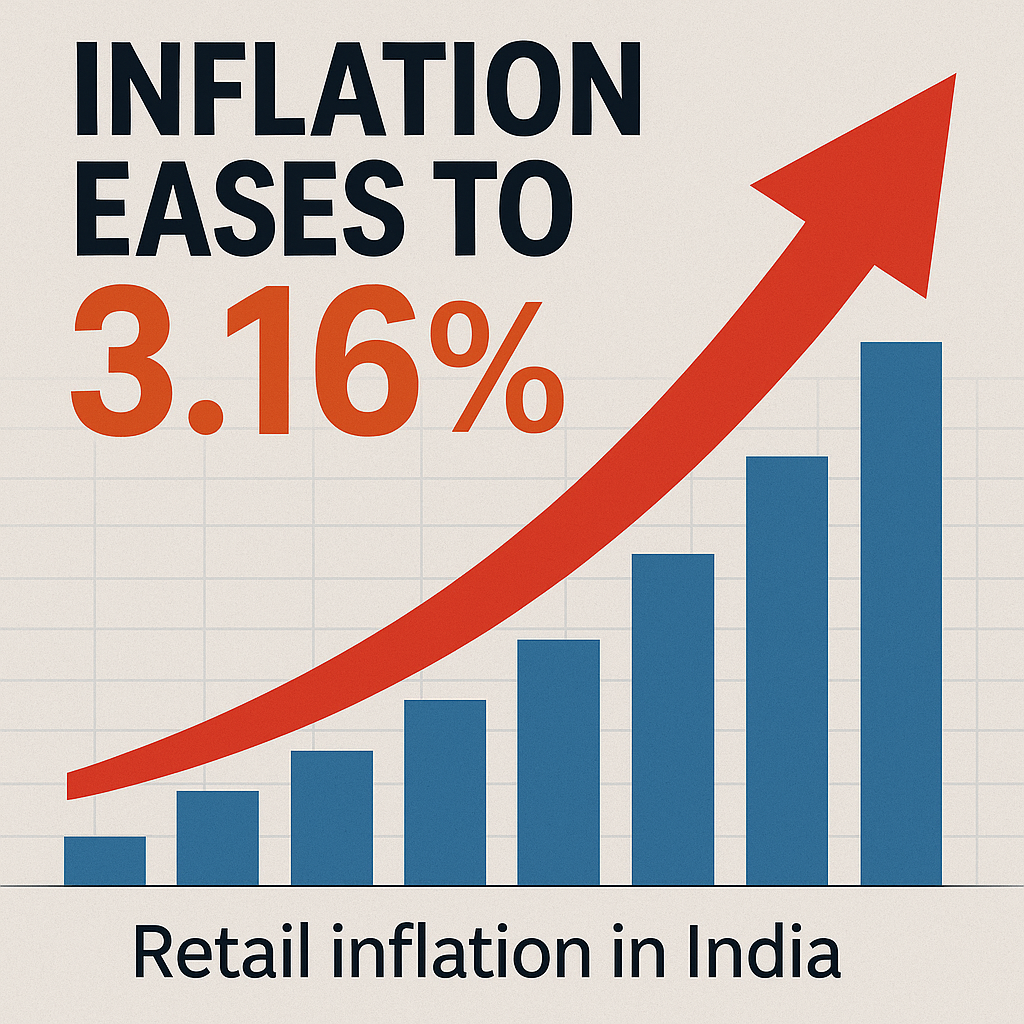Education vs. Knowledge: Why the Youth Is Being Misled by Influencers Calling Schools a Scam
March 16, 2025 | by Pushpita

In the age of social media, influencers have become the new role models for the youth. Many of them preach financial success, entrepreneurship, and self-education, often labeling traditional schooling as a “scam.” While some of their arguments hold merit, blindly dismissing formal education can be misleading and even harmful. The real issue isn’t education itself but the way it’s perceived and utilized. To understand this better, we must differentiate between education and knowledge and analyze why influencers’ messages can be deceptive.
Education vs. Knowledge: Understanding the Difference
Education refers to structured learning in schools, colleges, or universities. It provides a foundation in various subjects, fosters critical thinking, and helps individuals develop discipline and social skills. Knowledge, on the other hand, is the information and skills gained through experience, study, and self-learning. While formal education can provide knowledge, learning isn’t confined to schools alone.
The problem arises when influencers equate education solely with traditional schooling, disregarding the value it offers beyond academic subjects. They argue that schools don’t teach financial literacy, entrepreneurship, or real-world problem-solving—things essential for success. While this criticism is partly true, calling schools a “scam” is an oversimplification that misleads young minds.
Why Influencers Mislead the Youth
1. Oversimplification of Success
Many influencers promote the idea that dropping out of school and pursuing self-education or entrepreneurship is the ultimate key to wealth. They cite examples like Bill Gates, Steve Jobs, and Elon Musk, who achieved success without completing their degrees. However, these cases are exceptions, not the rule. What’s often ignored is that these individuals had immense knowledge, skills, and access to opportunities that most people don’t.
2. Monetizing Misinformation
Some influencers make money by pushing the “school is a scam” narrative to sell online courses, mentorship programs, or other services. By convincing young people that traditional education is worthless, they direct them toward their own paid resources, often without providing real value.
3. Lack of a Balanced Perspective
While self-learning and real-world experience are crucial, formal education provides structured learning that helps develop foundational skills in critical thinking, communication, and problem-solving. Influencers rarely acknowledge the benefits of a balanced approach—combining both education and self-learning instead of choosing one over the other.
The Real Issue: Education Needs an Upgrade
Instead of labeling school as a scam, a more constructive approach is to acknowledge that education systems need to evolve. Schools should incorporate financial literacy, entrepreneurship, and modern skills into their curricula. But abandoning formal education altogether is not the answer. A degree might not guarantee success, but it can open doors to better opportunities, especially in specialized fields like medicine, engineering, and law.
A Smarter Approach for the Youth
Instead of blindly following influencers who dismiss school, young people should take a balanced approach:
- Use school as a foundation while developing self-education skills.
- Learn about financial literacy, investing, and entrepreneurship outside of the curriculum.
- Gain practical experience through internships, side projects, and networking.
- Follow influencers who provide valuable, well-rounded insights instead of extreme opinions.
Conclusion
Education is not a scam—it’s a tool. How effectively it is used depends on the individual. The key to success is not rejecting formal education but learning how to combine it with real-world knowledge. Instead of being misled by influencers who oversimplify complex issues, the youth should focus on using every learning opportunity available, both inside and outside the classroom.
Here’s A Three Minute Detailed Video About The Topic
RELATED POSTS
View all


